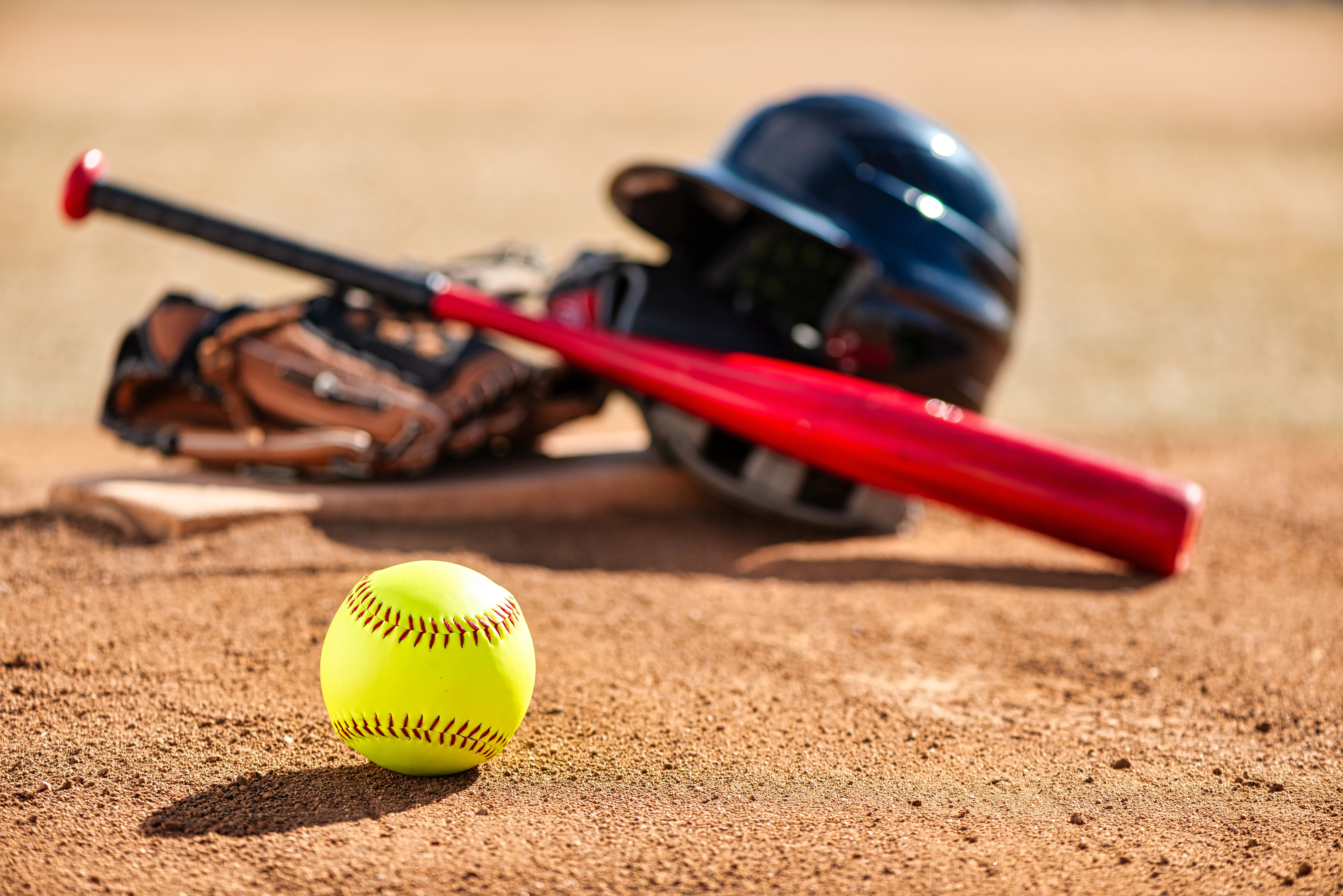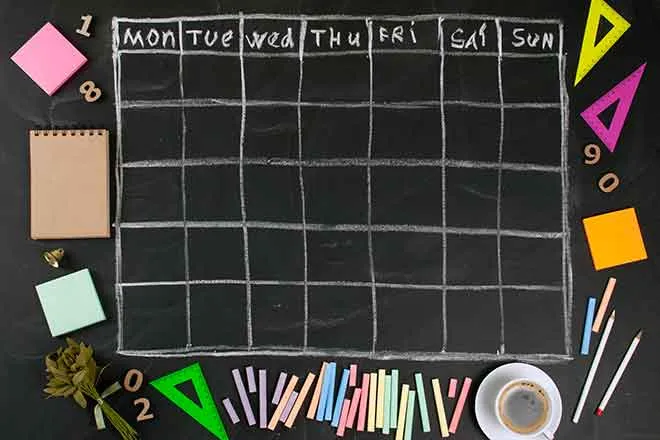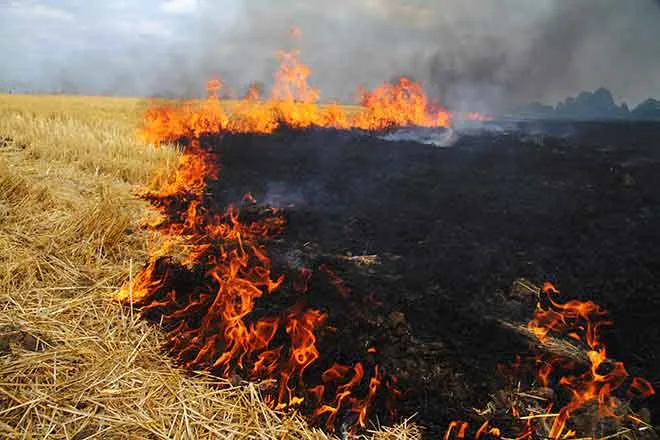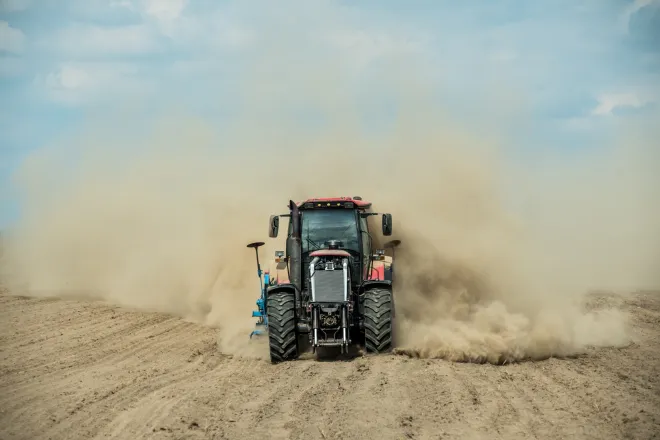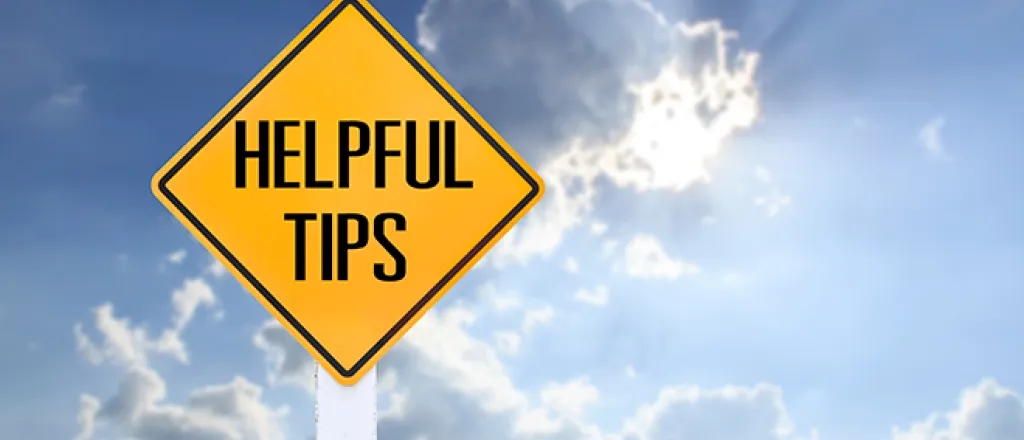
Spring Break: Keeping Families Safe
Each year, more than three million children ages 14 and under get hurt at home. Most fatal injuries at home are caused by suffocation, fire and burns, drowning, choking, falls, poisoning or from firearms that are discharged unintentionally.
Safe Kids urges parents and caregivers to check their homes for basic safety precautions, especially if you will be leaving them home alone over spring break.
It is recommended that children under the age of 12 not be left home alone. Young children do not have the ability to understand risk and consequences and can get themselves into a lot of trouble without a lot of effort.
Safe Kids recommends these precautions:
- Discuss rules and guidelines while you are away at work. Can your child have friends in the house? Where can they play in the house? What can they eat?
- Discuss where your child is allowed to go outside the home. Can they go to a friend’s house or another neighbor? Can they go to the park or to the store on their bike?
- If your child will be preparing their own meals, have them practice using the stove and oven while you are home so you can go over safety concerns. If possible, prepare meals ahead of time that are easy to reheat in the microwave or don’t require heating of any kind.
- Create and practice your home escape plan in case of a fire. Set off the smoke alarm so it is a familiar sound and practice getting out of the house safely.
- Post or program emergency phone numbers into home or cell phones, including trusted neighbors, your work phone, cell phone, and poison control (1-800-222-1222). Practice dialing 911.
- Program important phone numbers into the home phone or call, including your work and cell numbers and those of trusted family members and neighbors.
- Do not allow children to take a bath if you aren’t home.
- Discuss whether it’s okay to swim in a neighbor’s pool or at the community center? Does your child know how to swim and have they taken swimming lessons? Will there be adult supervision?
- Lock up medications (including vitamins), alcohol, and cleaning supplies.
- Discuss how and when to answer the door when you are away. If your child doesn’t know the person on the other side, make sure they know not to open the door and that they should never let anyone in the house unless you have approved the visit ahead of time.
- Is your child allowed to go with a friend’s older siblings or parents in a car? Who can they go with? Do they need a car seat/booster seat?
- Keep firearms unloaded, locked and out of reach.
- Stock your first aid kits…Band-Aids are a must!
- Check in at regular intervals with your child to ensure they are staying safe and having fun.
- Share safety tips from Safe Kids with your family http://www.safekids.org/safetytips
Staying home alone is a lot of fun and a lot of responsibility.Each child is different and can handle responsibilities at different ages.If you are unsure, find a babysitter, a family member, or a neighbor who can stay with your child or check in with them throughout the day.It’s better to be safe than sorry.


